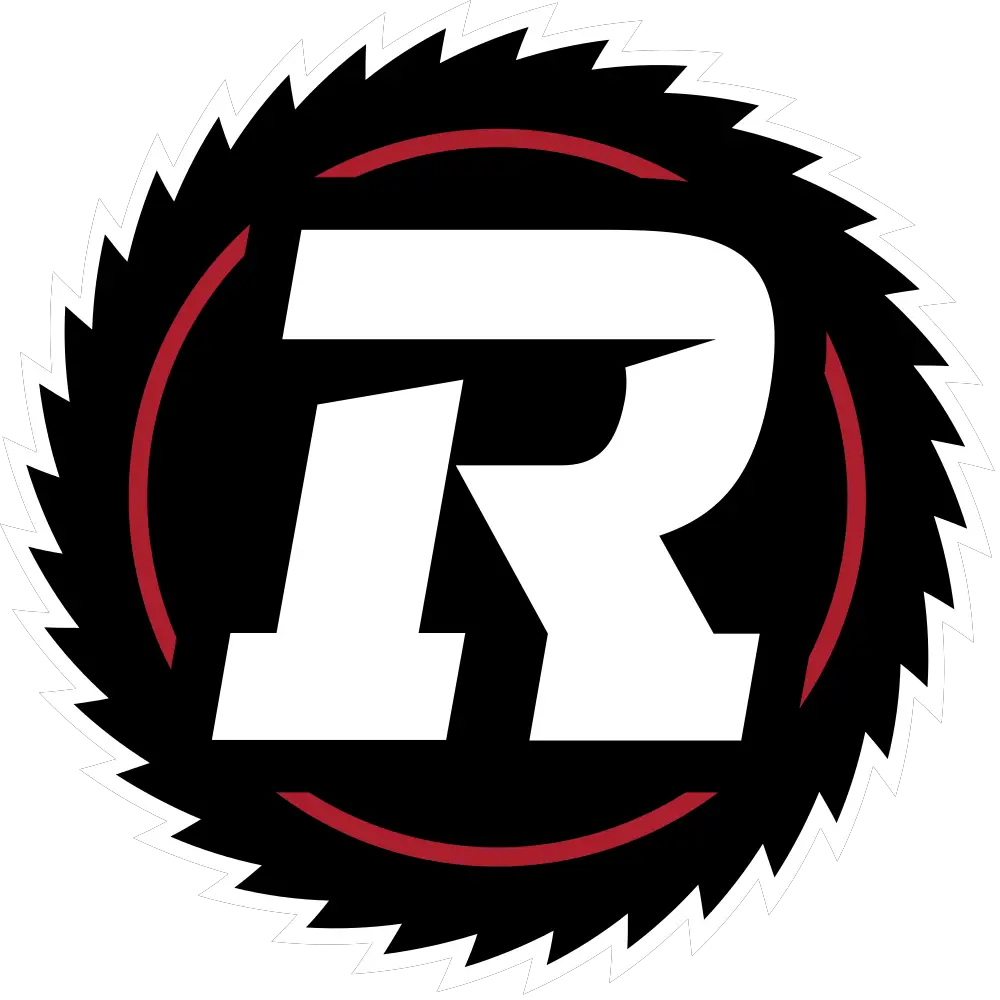World
“Double Standards A Very Mild Word For It”: S Jaishankar On Canada Stance

New Delhi:
Canadians seem to have a problem with Indian diplomats trying to find out about what is happening there in relation to India, Foreign Minister S Jaishankar said today at the NDTV World Summit. In an exclusive interview with Editor-in-Chief Sanjay Pugalia, Mr Jaishankar spoke of the different standards — “double standards is a very mild word for it” — that seem to exist between how Canada treats other diplomats and the “license’ their diplomats allow themselves while in India.
Speaking on the backdrop of the Canada-India political ties that have nosedived following Canadian Prime Minister Justin Trudeau’s allegations about Indian involvement in the murder of Khalistani terrorist Hardeep Singh Nijjar, who was also a Canadian citizen, Mr Jaishankar attributed it to several reasons.
One of these, he said, was the changing world order where the western world is still struggling to adjust to developing nations that surged ahead and stand on an equal platform. Besides this ‘big picture” reason are conditions that are specific to Canada-India ties.
While the relations are extremely strong in terms of trade or people-to-people connection, politically, things changed just when the two nations have emerged from the shadow of the 1985 bombing of Kanishka, the Air India 182 flight from Montreal.
Speaking of the lowest point of that relationship — tit-for-tat expulsions of diplomats — Mr Jaishankar said: “Canada has asked us to subject our High Commissioner to a police inquiry and we chose to withdraw our High Commissioner… They seem to have a problem with our diplomats trying to find out about what is happening in Canada which directly pertain to their welfare and security.”
On the other hand, the license they give themselves is “totally different from the restrictions they impose on diplomats in Canada,” he said. “Canadian diplomats have no problem going around on our military or our police, profiling people, targeting people to be stopped in Canada,” he added.
“When we tell them that you have people openly threatening Indian leaders and diplomats, their response is freedom of speech… If you threaten the Indian High Commissioner, he is supposed to accept it as freedom of speech but if an Indian journalist says the Canadian High Commissioner walked out of the South Block looking very grumpy, it is apparently foreign interference,” he added.
Ties between India and Canada — on a downward spiral since Mr Trudeau’s allegations in September last year — have plummeted after the series of fresh allegations against the Indian envoy.
The Foreign Ministry slammed Ottawa for its allegations against Sanjay Kumar Verma — one of the country’s senior-most diplomats who served in Japan, Sudan, Italy, Turkey, Vietnam and China.
The allegations, India said, were “ludicrous” and deserved to be treated with contempt. New Delhi said it has “no faith in the current Canadian Government’s commitment to ensure their security”. The ministry had also recalled the diplomats, after which Canada formally expelled them. India reiterated by ordering out six Canadian diplomats.
Last week, in a startling admission during a public inquiry, Mr Trudeau had admitted that Canada had no “hard evidentiary proof” in 2023 to support allegations linking Indian government agents to the killing of Hardeep Singh Nijjar. His claims, Mr Trudeau admitted, were based on intelligence rather than hard evidence.
“I was briefed on the fact that there was intelligence from Canada, and possibly from Five Eyes allies that made it fairly clear, incredibly clear, that India was involved in this… Agents of the government of India were involved in the killing of a Canadian on Canadian soil,” he said.








